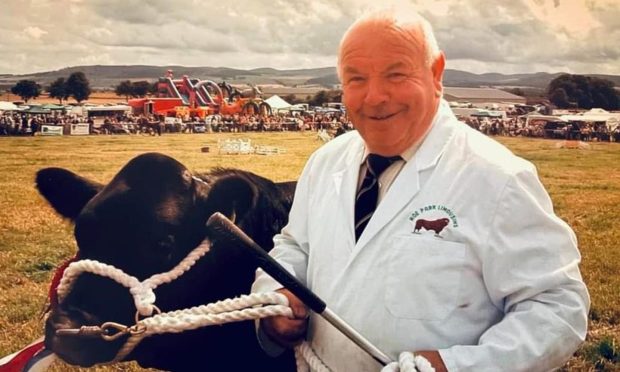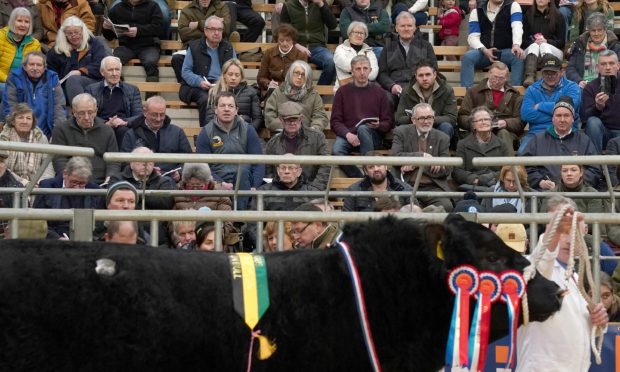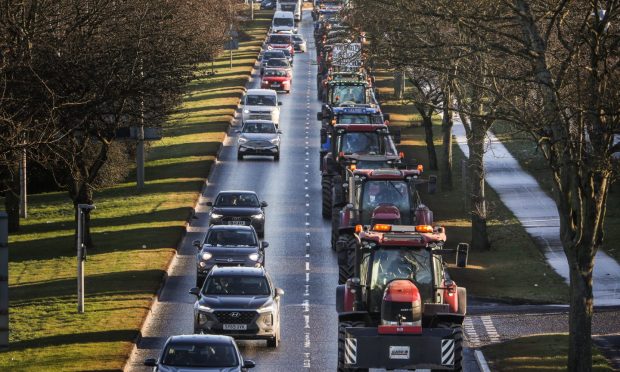Scotland’s meat promotion body is braced for a £500,000 hole in its annual budget after the UK leaves the EU.
The European Commission has given Quality Meat Scotland (QMS) millions of pounds in grant aid to promote Scotch beef and lamb over the last 14 years, but QMS chairman Jim McLaren has conceded that continuing support from that quarter is highly unlikely after Brexit.
QMS accounts show that in the year to the end of March, European Commission grants accounted for £508,000. The previous year it was £708,000.
“That money won’t be there in future,” Mr McLaren said.
The QMS balance sheet showed a deficit of £178,226 in 2015-2016 compared to a surplus of £298,330 in 2014-2015.Tightening public sector budgets were blamed for the shortfall.
QMS chief executive Uel Morton said the current package of European promotional funding was about to run out.
He added: “We are in year two of a two-year programme, so by July next year that programme will have come to an end and we are considering at the moment to what extent we can apply for a further tranche to Europe.”
The organisation’s total income was £6.3 million in 2015-16 (compared with £6.8 million the previous year). The statutory red meat levy for the year accounted for just under £4 million ( £4.1 million in 2015). Scottish Government funding contributed £271,000, down from £536,000 in 2015.
QMS confirmed there would be a pitch for continued funding from both the UK Government and Scottish Government in future.
Meanwhile the longstanding grievance over the £1million of levy that is collected from Scottish livestock slaughtered outwith the country is back on the table. Mr McLaren said key meetings to discuss the issue were scheduled in the next few weeks.
He added: “We are very keen to expedite the end of the process and get it resolved.”
Looking ahead to the organisation’s work in 2017, Mr McLaren said the importance of stimulating demand for red meat from Scotland would be paramount.
And he added that QMS was about to publish a report which would highlight the disproportionate importance of the Scottish red meat industry to the country’s economy.
“The uncertainty surrounding Brexit is a significant concern for those operating in the Scottish red meat industry and it is vital that this lack of clarity does not constrain decision-making, investment and long-term planning,” he said.
QMS identified the three key areas of uncertainty as trade relationships, the availability of labour in the red meat sector for abattoir work and agricultural policy.










